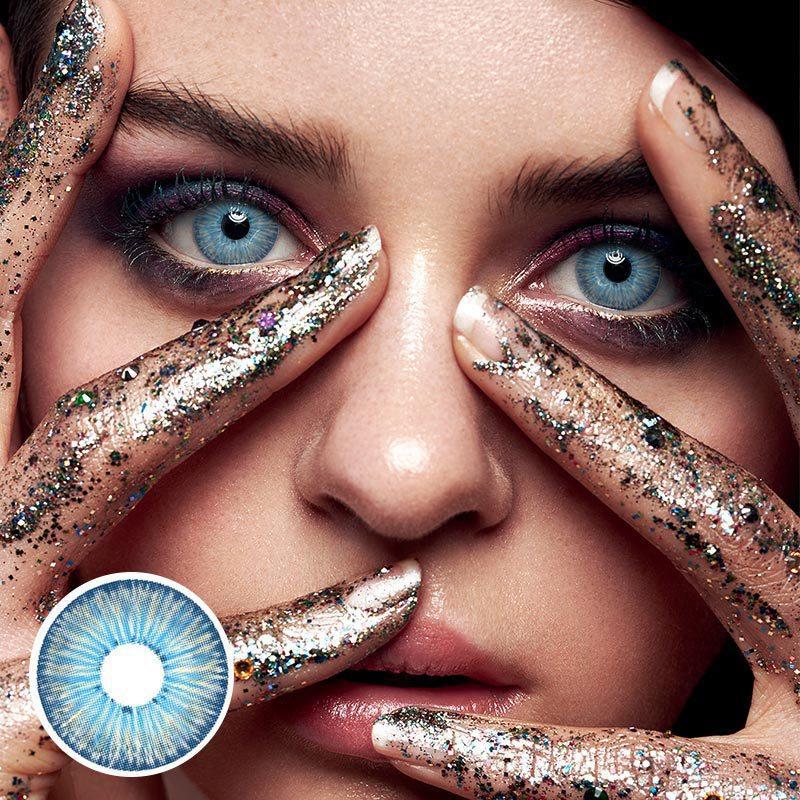Do you ever fall asleep wearing your contact lenses? It’s hard to remember every night to take out your contacts and it’s not always convenient, either.To get more news about Purple Contacts, you can visit beauon.com official website.
But if you’ve done it, you know the morning struggle to get those dried out sticky lenses unstuck from your eyeballs might be even more frustrating.To get more news about Purple Contacts, you can visit beauon.com official website.
Sleeping in lenses was the most common offense reported by people who wear contacts according to a report released by the U.S. Centers for Disease Control and Prevention (CDC).
You know it’s bad for your eyes. But sometimes you might think not having to go through the trouble of taking out your contacts is worth the risk.Redness and irritation is a common problem if you leave your contacts in when you sleep. But you can also experience other problems with your cornea, which is the front surface of your eye,” says ophthalmologist Allison Babiuch, MD.To get more news about Red Contacts, you can visit beauon.com official website.

“It’s important to give the eyes a break and let the cornea breathe, and when your eyes and contacts dry out too far you can cause damage when you pull it off,” she says.
Despite some contact lenses being approved for overnight wear, Dr. Babiuch says she still doesn’t recommend them.CDC researchers found that six out of seven contact lens wearers reported at least one risky behavior when it came to their contact lenses.
“Your eyes are sensitive and very susceptible to damage, so making sure you take care of them is extremely important,” Dr. Babiuch says. “Think of how difficult it is to go about your day when your eyes are irritated in any way — so being proactive is really recommended.” If you experience decreased vision, redness, watering and discharge you may have an eye infection.
If removing a lens doesn’t help the irritation, it’s time to visit an eye doctor — and don’t forget to bring the problematic lens too.
“Take the contact lens out, but keep it, don’t throw it away,” Dr. Babiuch says. “Put it in a contact lens case and bring it with to your appointment — if we do see signs of infection we can also culture the contact lens to get closer to both understanding and treating the problem.”